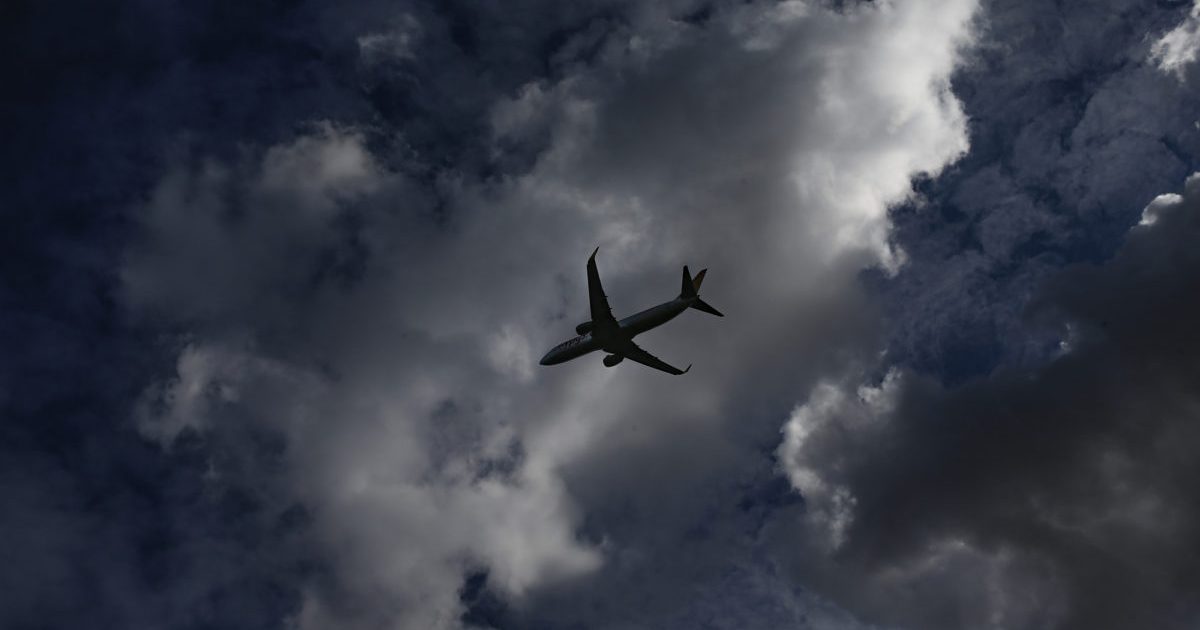- The Dow Jones Industrial Average soared nearly 1,200 points but Boeing just inched higher despite the rally.
- Delays with recertifying the Max 737 continue to weigh on shares.
- The coronavirus outbreak could have a big impact on Boeing aircraft orders.
The Dow Jones Industrial Average surged nearly 1,200 points on Wednesday, but you wouldn’t know it from Boeing’s (NYSE: BA) stock.
Earlier shares of the aircraft maker were down in a sea of green, continuing a precipitous decline spurred on by coronavirus fears. By the end of trading it had flipped green but well off what most stocks were doing.
Since Feb. 13, the stock has dropped nearly 19%. Year-to-date it’s around 15% lower.
737 Max Recertification Delays Weigh on Shares
There’s a lot of reasons investors are staying away from the aircraft maker as it tries to reverse what has been a disastrous couple of years.
There’s the two 737 Max crashes that killed 346 people and grounded Boeing’s most popular aircraft. Boeing has been trying to recertify the aircraft for flight but has faced several setbacks. Those threaten to delay approval until the middle of the summer – a reality that is weighing on the stock.
Just last week the Federal Aviation Administration (FAA) called on Boeing to make yet another repair. This time it’s to the engine linings to prevent what the FAA said could cause the failure of both engines.
The FAA and Boeing are also at odds over the amount of simulator training that pilots should be required to undergo before flying a 737 Max again. In order for the aircraft to get off the ground, the FAA will have to sign off on Boeing’s training. Add other required fixes to the mix and investors can’t be blamed for feeling dejected.
It’s also weighing on Boeing’s cash position. In order for Boeing to thrive it needs a healthy network of suppliers and airlines using its planes.
To prop them up while the 737 Max remains grounded, Boeing has been sending cash their way. American Airlines, for one example, announced in January an agreement in which Boeing will compensate the airline for the financial hit. Airline carriers have said they lost $1 billion in revenue this year thanks to Boeing.
Coronavirus May Reduce Orders
Then there is the coronavirus outbreak, which has limited travel around the world, causing havoc for the airline industry.
With travel restrictions in place in several cities, conferences and events canceled and individuals fearful of leaving their homes let alone boarding a flight, the industry has seen a huge decline in demand.
Among the conferences canceled are the Mobile World Congress in Barcelona, Facebook’s F8 conference and ITB Berlin, a major travel show that draws around 160,000 attendees. The coronavirus-induced decline in flights is reflective in the travel industry’s stocks and is also impacting Boeing’s shares.
For Boeing, coronavirus is a double-edged sword. Prior to the outbreak, there was a shortage of narrow-body jets, worsened by the grounding of the Max 737. But with coronavirus decimating air travel that demand is waning.
At the same time, Boeing had allowed some carriers to ink order contracts that enable them to cancel orders without incurring penalties. If the coronavirus worsens some airlines may take Boeing up on that offer. Weaker airline operators may go under, which would also reduce orders for Boeing’s aircraft, furthering pressuring the stock.
Over the long haul, the travel industry will recover. Optimists say Boeing will get the 737 back in the air and coronavirus will be contained. For now, Boeing investors should brace for more short-term pain.
This article was edited by Sam Bourgi.




